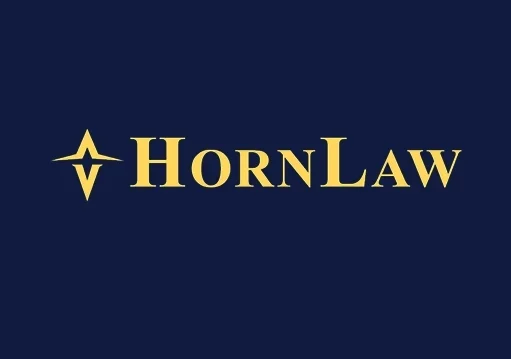As an attorney who concentrates in motor vehicle accident law, I regularly cases that involve a sudden onset of concussion. While I am ultimately responsible for my client’s legal recovery, the medical recovery from a head injury is always the priority.
In this regard, early medical intervention in the form of proper medical evaluations, followed by appropriate treatments and therapies are key to my client making the best possible recovery from a head injury.
Recognizing Concussion
A concussion is often not diagnosed in the initial medical examinations because there is no medical test that doctors can rely upon to diagnose concussion. Instead, concussion diagnoses are made based on the symptoms that are reported by the patient to the doctors.
As a result, when I am first meeting with a person who complains of “whiplash” like symptoms following a motor vehicle collision, I need to be particularly attentive to the signs of a concussion. In this regard, I developed a Head Injury Symptom Checklist that helps my new client identify physical, cognitive, and behavioral issues that have developed since the collision. From there, the client is prepared to report their symptoms to their doctor.
This identification and reporting of symptoms is an important first step in making sure my client makes the best possible medical recovery. When the symptoms are reported, if appropriate, the doctor will diagnose concussion and make recommendations to help aid in concussion recovery.
If you or someone you know who may have suffered a concussion, download the Head Injury Symptom Checklist to help identify symptoms that may indicate that they suffered a concussion.
Persistent Concussion Symptoms
While many concussion victims experience resolution of their symptoms within the first several weeks after the collision, it is important that the concussion victim be closely watched. In the event concussion symptoms persist, it is appropriate for the concussion victim to be referred to a concussion specialist.
Because of my experience in head injury cases, I can often be of help in making sure my client is set up to see a concussion specialist.
Based on the concussion specialist’s examination, the initial concussion diagnosis will likely be revised to “post-concussion” syndrome and the patient will be referred for special treatments and therapies to help them recover.
In regards to post-concussion syndrome care, there has been significant advancement in how the medical community treat patients who are experiencing persistent concussion symptoms.
In addition to diagnostic testing, a neuro-ophthalmology examination may be warranted in patients who are complaining of vision difficulties, including blurred vision, double vision, and sensitivity to light.
A cognitive therapist can help with issues related to loss in memory, concentration, slow thinking, impaired judgment, and difficulties with routine multi-tasking. Vestibular, speech, and psychological therapists can also play a key role in a comprehensive approach to helping the concussion victim make the best possible medical recovery.
Significant Loss in Quality of Life
Unfortunately, most post-concussion syndrome patients deal with a loss in their quality of life that can go undetected during the medical course. Beyond the physical and cognitive difficulties they battle, concussion victims face constant fatigue, loss in productivity, loss of endurance, and loss of social engagement that make it difficult for them to get along in their daily routine.
These by-products of concussion greatly affect their ability to perform their work, household, and family responsibilities. In this regard, it is important they receive professional help in order that they can learn to cope and manage with the longer-range consequences.




